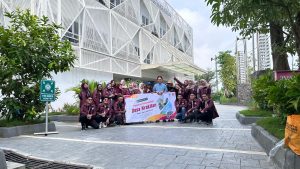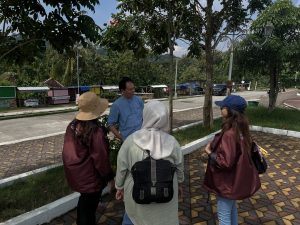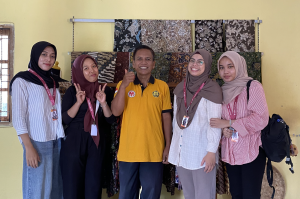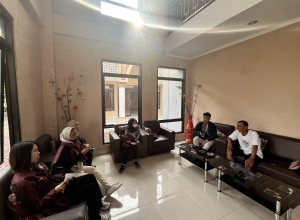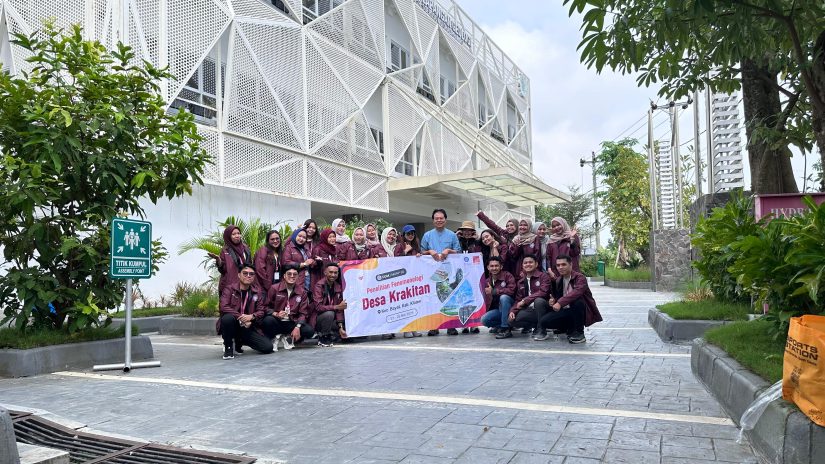
Graduate students from the Urban and Regional Planning Master’s Program (MURP) at Universitas Gadjah Mada conducted a field study for the Research Methodology course in Krakitan Village, Bayat Subdistrict, Klaten Regency from May 23 to 25, 2025. This activity applied the inductive approach directly in the field, encouraging students to build planning perspectives grounded in real social, cultural, and environmental dynamics.
On the first day, students visited the village head’s office for an introductory interview about Krakitan’s history and for guidance on survey points. The cohort was divided into three groups (Macro, Meso, and Micro) to conduct community interviews. Students not only collected data but also observed how daily life and local history shape the village’s spatial and social identity.
The second day featured an early morning field observation, followed by a public lecture on Bayat’s geological characteristics—serving as a scientific foundation for geopark development planning in the area. Students were encouraged to see the region’s geology not just as physical terrain, but as part of a broader cultural and environmental narrative.
On the final day, the group wrapped up their fieldwork and returned to Yogyakarta.
This field study contributes to several Sustainable Development Goals (SDGs). By promoting community-based learning and real-world research, it supports SDG 4 (Quality Education), aligns with SDG 11 (Sustainable Cities and Communities), and encourages greater awareness of SDG 15 (Life on Land) through the recognition of geodiversity and local heritage in spatial planning practices.
